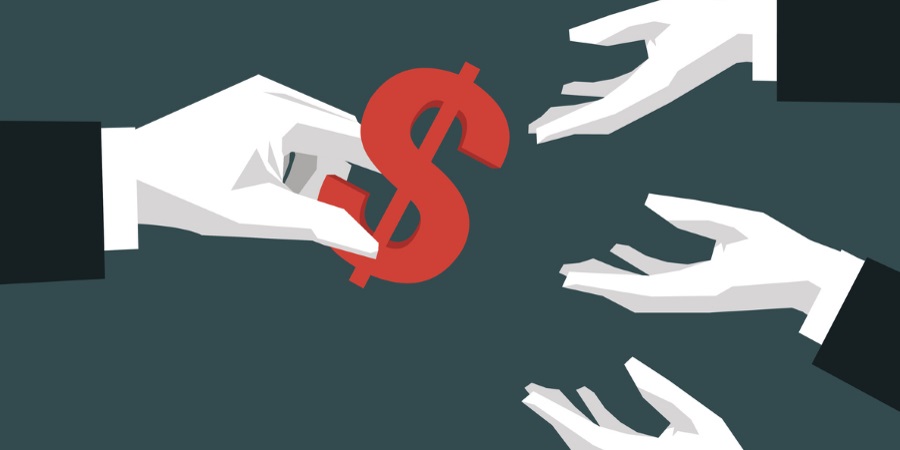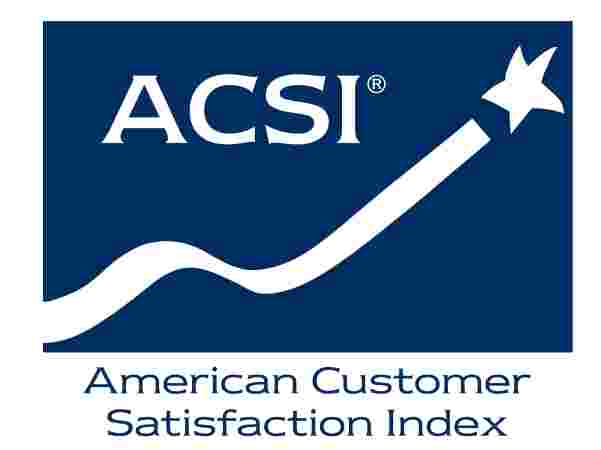
Adapted from Dr. Claes Fornell's book | July 09, 2018
The Satisfied Customer: Winners and Losers in the Battle for Buyer Preference
Obviously, not all satisfied customers will buy again, but that's not a reason for abandoning efforts on customer satisfaction in favor of loyalty.
Long-term customer relationships are characterized by efficiency, low risk, and predictable revenue. The general theory for creating such relationships in a market economy is clear enough. Sellers compete for buyers' preference and satisfaction. Winners are rewarded by lower cost and lower risk, by returning customers, and by a favorable treatment from equity markets. These are the basic rule of a free market system.
In an increasingly time-pressured environment, where managers are responsible for innumerable processes, people, and objectives, the rules of the game are occasionally forgotten. For example, it is sometimes said that customer satisfaction is "worthless" but loyalty is "priceless" or that trying to satisfy the customer can be a "trap" for business. The reasoning is that customer satisfaction doesn't always lead to repeat business. This is true, but misses the point. Customer loyalty without satisfaction not only confuses means with ends, but also contradicts how free markets operate.
Obviously, not all satisfied customers will buy again, but that's not a reason for abandoning efforts on customer satisfaction in favor of loyalty. Loyalty is an objective of the seller—buyers are not particularly interested in it. Customer-centered organizations accomplish their objectives by understanding what buyers want. If customers are satisfied with the services, the relationship tends to become stable and mature. The economics that follow are substantial, for seller as well as for buyer.
Loyalty is an objective of the seller—buyers are not particularly interested in it. Customer-centered organizations accomplish their objectives by understanding what buyers want.
Loyalty obviously has a strong correlation with revenue (it is almost the same thing), but revenue is not always a good business objective. As many of the airlines, car makers, computer, and telecommunication firms have found out, customer loyalty can come at a high cost, especially if not coupled with high customer satisfaction.
The only way to keep a customer who is not particularly satisfied and has a choice is to offer a price deal. Hence, only deal-prone customers are retained (only to be lost to anybody that offers a better deal the next time), and profit margins evaporate. The result is a periodic trading of non-profitable customers among competitors.
In fact, all our empirical research findings show that customer satisfaction has a stronger effect on financial performance than does loyalty. The reason is that the increased revenue generated by improved loyalty is not offset by the higher cost unless that loyalty is generated by growing customer satisfaction.
CFI Group offers expertise in designing customer satisfaction experience measurement solutions that help you manage customer relationships. Contact us for more information on how we can help you leverage customer satisfaction to improve your organization.
Other Resources
- Date
- September 7, 2023
by David Ham | September 7, 2023 With the amount of money involved in professional sports contracts, the current trend toward deeper analysis makes good business sense. However, […]- Date
- June 2, 2023
by David Ham June 1, 2023 I will start by stating the obvious, inflation is forcing consumers to make tradeoffs and difficult decisions. This puts businesses […]- Date
- August 1, 2022
by David Ham August 1, 2022 Five years ago, I wrote a blog that asked, Is This a ‘Hook-Up’ or a Long-Term Relationship? The post was […]- Date
- May 24, 2022
by Omar Khan May 24, 2022 A few years before getting my first job as a consultant, I spent a summer abroad in the United Arab […]





